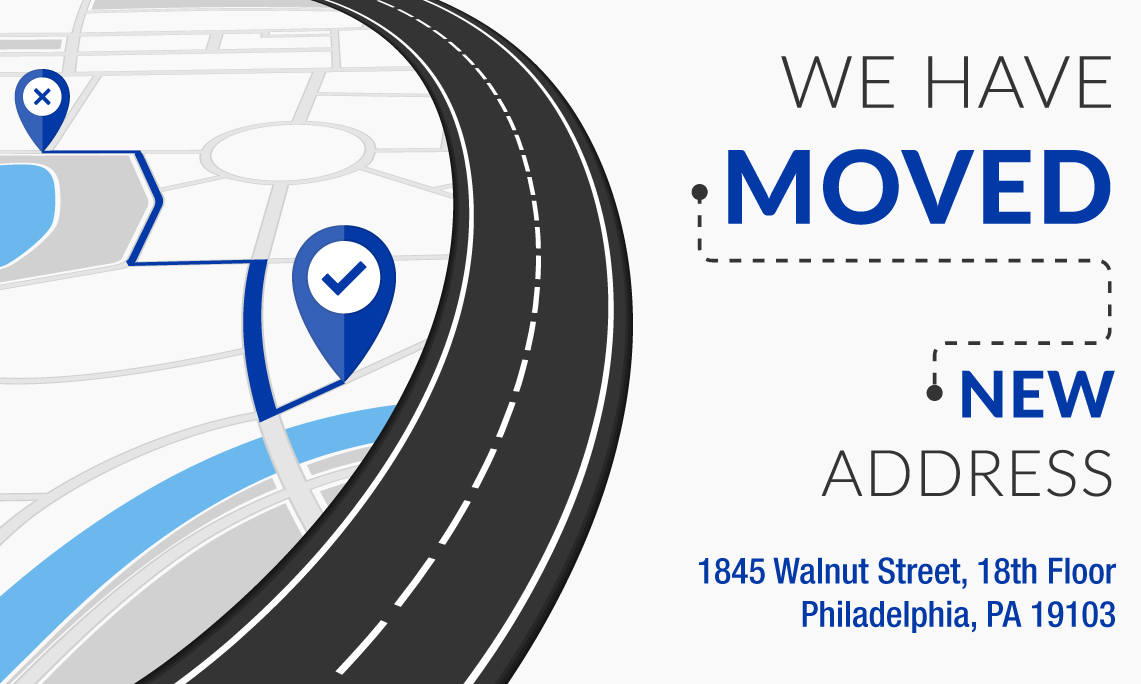Why Philadelphia Construction Cases Are Different: Union Trades, Dense Sites, and Complex Logistics
Construction in Philadelphia isn’t like construction everywhere else. Union trade structures, tight urban jobsites, and delivery/hoisting logistics create a web of responsibilities that can make or break a construction injury case. If you or a loved one was hurt on a job in the city, you need a legal team that understands how these pieces fit together and how to move fast to secure evidence.

Union Trades Change the Evidence (and the Strategy)
Philadelphia’s construction workforce is predominantly union across many trades. That matters because union practices affect what evidence exists and who may be responsible.
- Collective Bargaining Agreements (CBAs): CBAs and project labor agreements can spell out safety obligations, job classifications, and reporting protocols that become critical in proving negligence.
- Stewards, Foremen, and Safety Committees: Steward logs, safety minutes, and incident reports can corroborate hazards and notice. We know to request steward notes, manpower logs, and meeting records early.
- Jurisdiction & Work Rules: Jurisdictional assignments determine who was supposed to do what. If a task was improperly assigned or supervised, that misstep can point to third-party liability.
- Training & Credentials: Documenting OSHA-10/30 cards, rigging/scaffold credentials, and site-specific training helps assess whether required competencies were met.
- Workers’ Comp vs. Third-Party Claims: While you generally can’t sue your employer, you may have claims against other companies on the site (GCs, subs, equipment owners, site logistics contractors). Union documentation often helps identify those parties quickly.
Dense Urban Sites Create Unique Hazards
City jobsites wedge into narrow streets, near occupied buildings, and alongside live utilities. That density compounds risk and multiplies potential defendants.
- Tight Footprints: Limited laydown space and stacked trades increase struck-by, caught-in/between, and fall hazards.
- Hoisting & Crane Work: Street closures, tower cranes, sidewalk sheds, and material lifts require coordinated plans. When schedules slip, shortcuts appear—and evidence of those shortcuts must be captured immediately.
- Adjacent Property & Public Exposure: Pedestrians, cyclists, and occupants in neighboring buildings can be affected. Cameras from nearby businesses and residences often capture critical footage.
- Permitting & Inspections: City permits, inspections, and site violation histories can help establish notice and control. Knowing where to find and preserve those records is essential.
Complex Logistics Mean Multi-Employer Responsibility
Philly projects often run through platforms like Procore/PlanGrid and rely on tightly sequenced deliveries, swaps, and shutdowns. That complexity produces evidence and responsibility.
- Multi-Employer Worksite Rules: On a typical site, a GC, multiple subs, a site safety consultant, and equipment vendors share duties. Coordinating who controlled the hazard is a legal and factual investigation we tackle from day one.
- Digital Paper Trails: Daily reports, RFIs, submittals, pre-task plans, toolbox talks, JHAs, lift plans, and CPM schedules (e.g., Primavera P6) can pinpoint when and why a dangerous condition arose and who knew about it.
- Insurance & Contract Layers: OCIPs/CCIPs, additional insured endorsements, and indemnity clauses can expand coverage. Getting contracts and certificates early preserves leverage and avoids finger-pointing stalemates.
What to Do After a Construction Injury in Philadelphia
If you’re able, these steps can protect you and your case:
- Get medical care immediately. Tell providers it was a jobsite injury, so records reflect mechanism and site details.
- Report the incident to your supervisor and union steward. Ask that an incident report be completed; keep a copy if possible.
- Preserve evidence: Take photos/video of the area, tools/equipment, signage, and lighting. Note weather, time, and any witnesses (names & trades).
- Do not give recorded statements to insurers or third parties without legal advice.
- Save everything: PPE, damaged clothing, texts, emails, and any site communications.
- Call an attorney experienced in Philly construction cases as soon as possible. Strict deadlines apply, and some claims—especially those involving public entities—have very short notice requirements.
How McEldrew Purtell Builds These Cases
We tailor our investigation to Philadelphia’s unionized, urban construction reality:
- Rapid Evidence Holds: We send preservation letters to the GC, responsible subs, site safety firm, crane/rental companies, and adjacent property owners for video and access logs.
- Union & CBA Records: We request steward logs, manpower sheets, meeting minutes, and training documentation to confirm assignments and safety oversight.
- Contract & Insurance Mapping: We obtain prime contracts, master subcontracts, and endorsements to identify coverage paths and indemnity rights.
- Site Forensics: When needed, we coordinate experts in cranes/rigging, fall protection, scaffolding, electrical, or logistics to document code and industry standard violations.
- Public Records & City Interfaces: We pull permits, inspection histories, violation data, and traffic control plans; we also seek nearby surveillance from businesses and residences.
- Client-Centered Approach: We coordinate medical records, help you understand the workers’ comp process, and pursue third-party claims aimed at full justice, not just basic comp benefits.
Common Philly Construction Injury Scenarios We Handle
- Falls from scaffolds, ladders, or aerial lifts on congested sites
- Struck-by injuries from hoisted loads, forklifts, or material deliveries
- Trench, shoring, or excavation collapses in utility-heavy corridors
- Electrical arc/shock incidents during live cutovers or temporary power
- Crane, rigging, or signaling failures during street picks
- Pedestrian or neighbor injuries from debris, sidewalk sheds, or site traffic
Talk to a Philadelphia Construction Injury Lawyer
You don’t have to navigate this alone. If you or a loved one was injured on a Philadelphia construction site (union or non-union) McEldrew Purtell understands the city’s trades, dense jobsites, and logistical realities. We know which records to secure, who to hold accountable, and how to move your case forward.
Free, confidential consultation.
Call us or reach out through our contact form – we’ll respond promptly and start preserving evidence right away.




